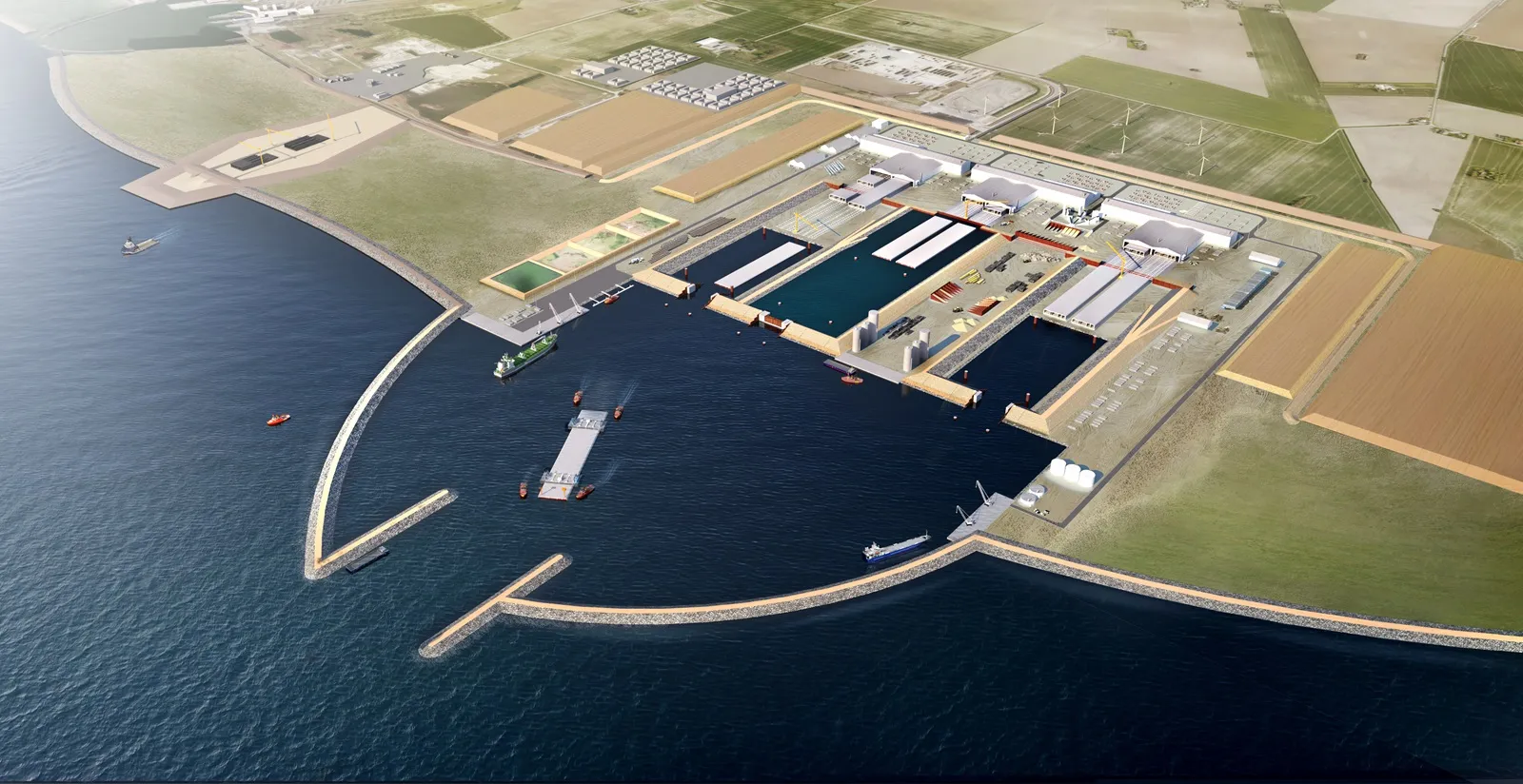
Construction of the immersed Fehmarn Belt road and rail tunnel between Denmark and Germany will start in January 2021, according to the project owner Femern.
The planned 18km tunnel under the Baltic Sea, between the Danish island of Lolland and the German island of Fehmarn, received approval from the European Commission last month. However, Germany still needs to give its final approval which is expected this autumn.
Dutch construction company BAM will receive a quarter of the €3.4 billion (US$3.92 billion) spent on a contract for the tunnel construction. Meanwhile, Dutch dredging companies Boskalis and Van Oord will receive €300 million each for the dredging of the tunnel. The tunnel is expected to be opened to traffic in 2029, according to a report in the Dutch newspaper Der Telegraaf.
Femern is in charge of planning and providing the basis for regulatory approval of the project on behalf of the Danish government. The framework for this work falls under a treaty between Denmark and Germany which was signed in 2008.
Femern said it is “activating the main construction contracts” with Dutch contractors’ consortium Femern Link Contractors from January 1, 2021.
“This means that construction of the large-scale tunnel element factory at Rødbyhavn can get underway,” according to a posting on Femern’s website. The work harbour is the gateway to the construction of the tunnel element factory, which will be will be one of the biggest factories in Denmark. From here the 73,000-tonne tunnel elements will be shipped out to the Fehmarnbelt – the strait between Fehmarn and Lolland.
Femern also said that it is already engaged in a number of construction site preparations for the tunnel on the German side at Puttgarden so that further progress can be made when Germany gives formal approval of the project.
A Rambøll-Arup-TEC consultancy joint venture is engaged in a client consultancy services contract with Femern.
The Fehmarnbelt link will be user-financed. Revenues from the link will go to repay the loans that finance construction; the same model that financed the Storebælt and Øresund links. Denmark’s Parliament will decide the tolls and the operator Femern has said that there likely will be discounts such as weekend tickets, as is the case on the Øresund and Storebælt links.
Meanwhile, due to the spread of the COVID-19 virus, organisers of the Fehmarnbelt Days 2020 festival conference postponed the event that was to have taken place May 17. The Fehmarnbelt Days Secretariat said that an alternative date will be announced shortly. Since 2012 the Fehmarnbelt Days have dealt with key areas such as infrastructure, tourism, business, the labour market, transport and logistics as well as education and research.





